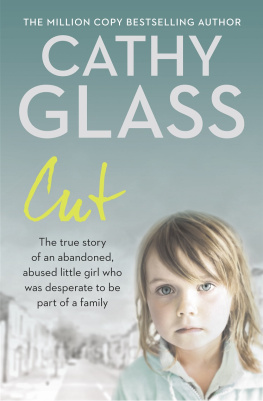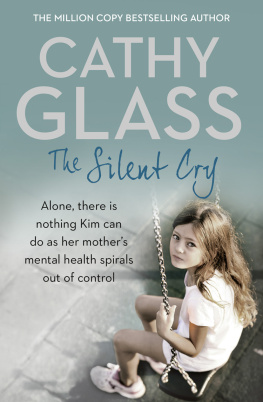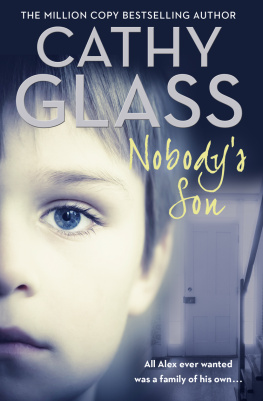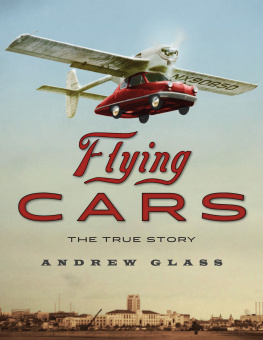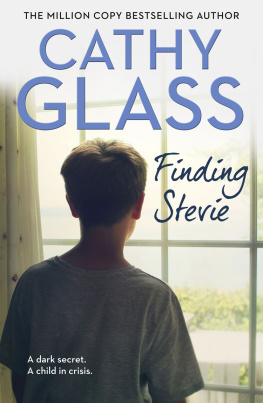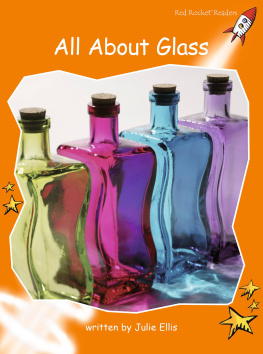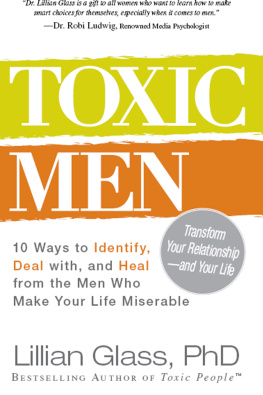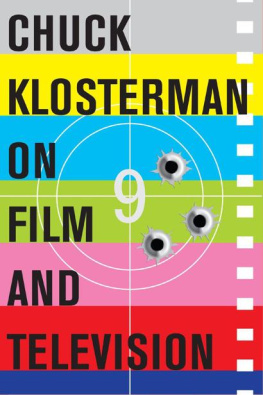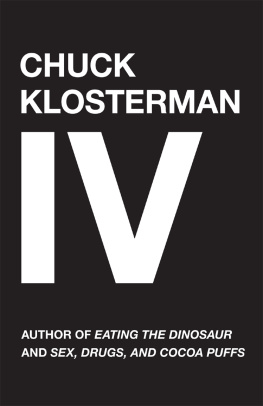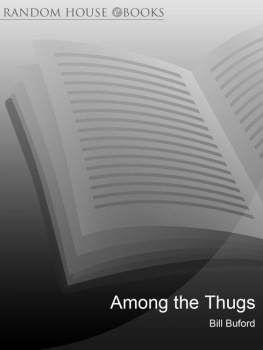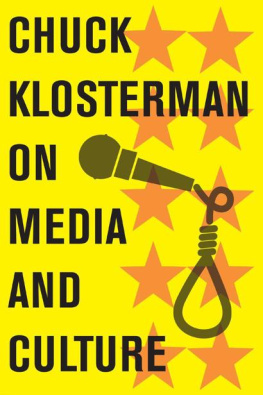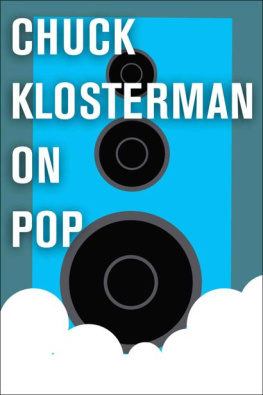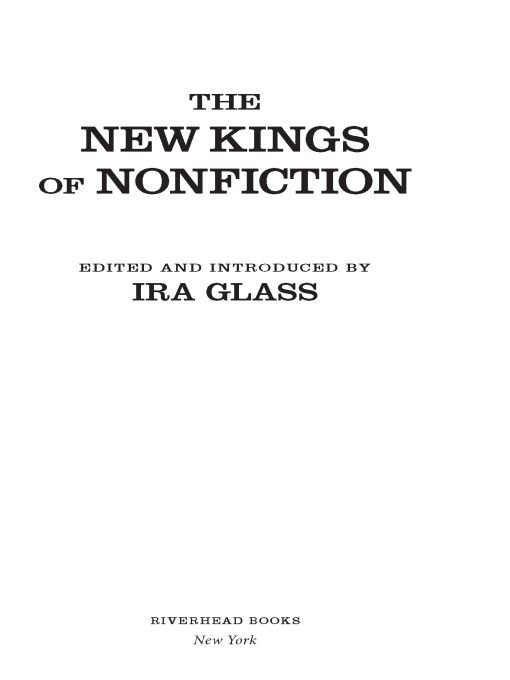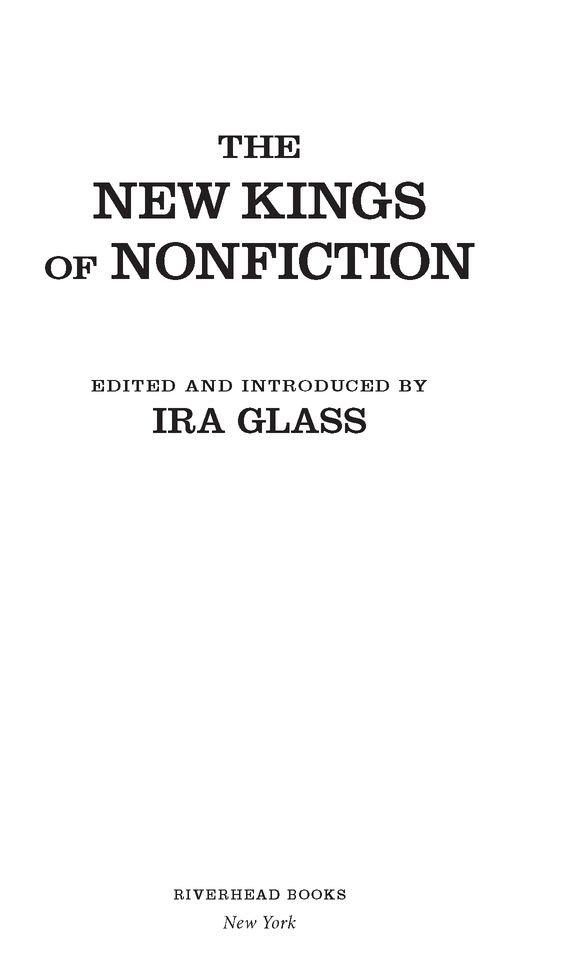Table of Contents
Praise for Ira Glass andThis American Life
The best radio show host in America.Time
A public radio sensation. As the mediums coolest commodity, This American Life captures the listeners imagination by mirroring our culture and society through the individual stories of people and the poignant, strange, or luminescent moments in which they find themselves.
Salon
Radios hippest show.Mother Jones
It has this beat all to itself.... These stories float right into your brain and lodge there.The Nation
Ira Glass findsuncoversdrama and humor in the most pedestrian of places.David Mamet
Mr. Glass is a journalist but also a storyteller who filters his interviews and impressions through a distinctive literary imagination, an eccentric intelligence, and a sympathetic heart.The New York Times
Most Riverhead Books are available at special quantity discounts for bulk purchases for sales promotions, premiums, fund-raising, or educational use. Special books, or book excerpts, can also be created to fit specific needs.
For details, write: Special Markets, The Berkley Publishing Group, 375 Hudson Street, New York, New York 10014.
Proceeds from the sale of this collection go to benefit the literacy program 826CHI. Hidden behind a shop that sells grappling hooks, sonic eavesdroppers, fake moustaches, and other useful gear for the international spy (deceptively called the Boring Store and located at 1331 Milwaukee Avenue in Chicago), 826CHI helps kids aged six to eighteen with their writing skills. To volunteer as a tutor or make a donation, visit their Web site: www.826chi.org.
INTRODUCTION
Ira Glass
Years ago, when I worked for public radios daily news shows, I put together this story about a guy named Jack Davis. He was a Rush Limbaugh fan and a proud Republican, and hed set out on an unusual mission. He wanted to go into the Chicago public housing projects to instruct the children there in the value of hard work and entrepreneur-ship. Hed do this with vegetables. His plan was to teach the kids at the Cabrini Green projects to grow high-end produce, theyd sell their crop to the fancy restaurants that are just blocks from Cabrini, and this would be a valuable life lesson in the joys of market capitalism.
So Jack set up a garden in the middle of the high-rises, and for the first few years, it didnt go so well. Jack was an accountant from the white suburbs and he didnt relate to the kids or understand the culture of the projects. He made a lot of parents mad. A kid would miss a days work in the vegetable garden and Jack would dock his pay, to teach the consequences of sloth. Then all the windows in Jacks truck would get smashed. Jacks message was not getting through.
Hoping to turn this around, he enlisted this guy named Dan Underwood, who lived in Cabrini and whose children had been working in the garden. Everyone in the projects seemed to know Dan. He ran a double-Dutch jump-rope team for Cabrini kids that was ranked number one in the city, and a drum and color-guard squad, and martial arts classes. Kids loved Dan. He was fatherly. He was fun.
And while Jack was committed to the idea that they should run the vegetable garden like a real business, Dan saw it as just another after school program. These are children, he told me. Its not like an adult coming to work at, you know, 8:00 and getting off at 4:30, and If you dont come, you dont get no money. That wont work, not with a child. When a kid didnt show up to pick tomatoes, Dan would go to the family and find out why. Hed buy the kids pizza and take them on trips and get them singing in the van. What they needed was no mystery, as far as he was concerned. They were normal kids growing up in an unusually tough neighborhood, and they needed what any kid needs: some attention and some fun.
And sometimes, when he and Jack argued over how to run the program, they were both awareuncomfortably aware, I thinkhow they were reenacting, in a vegetable garden surrounded by dingy high-rises, a bigger national debate. The white suburbanite was stomping around insisting that the project kids get a job and show up on time and not be coddled anymore, all for their own good, all to make them self-sufficient. The black guy was telling the interloper that he didnt know what he was talking about. A little coddling might be better for these kids than an enhanced appreciation of the work ethic and the free market.
When I was working on this story I thought that Jack and Dan wouldve made a great 70s TV show, one of those Norman Lear sitcoms where every week something happens to make all the characters argue about the big issues of the day. Sadly, we were twenty years too late for that, and Norman Lear had already set a showGood Timesin Cabrini Green.
One interesting thing about this story was how my officemate at the time hated it. Or maybe hates too strong a word. He was suspicious of the story. And he was incredulous at how it seemed to lay out like a perfect little fable about modern America. Are you making these stories up? I remember him asking.
But I dont see anything wrong with a piece of reporting turning into a fable. In fact, when Im researching a story and the real-life situation starts to turn into allegoryas it did with Dan and JackI feel incredibly lucky, and do everything in my power to expand that part of the story. Everything suddenly stands for something so much bigger, everything has more resonance, everythings more engaging. Turning your back on that is rejecting tools that could make your work more powerful. But for a surprising number of reporters, the stagecraft of telling a storymanaging its fable-like qualitiesis not just of secondary concern, but a kind of mumbo jumbo that serious-minded people dont get too caught up in. Taking delight in this part of the job, from their perspective, has little place in our important work as journalists. Another public radio officemate at that timea Columbia University School of Journalism gradwould come back from the field with funny, vivid anecdotes shed tell us in the hallway. Few of them ever appeared in her reports, which were dry as bones and hard to listen to.
She always had the same explanation for why shed omit the entertaining details: I thought that would be putting myself in the story. As if being interesting and expressing any trace of a human personality would somehow detract from the nonstop flow of facts she assumed her listeners were craving. Theres a whole class of reportersespecially ones who went to journalism school, by the waywho have a strange kind of religious conviction about this. They actually get indignant; its an affront to them when a reporter tries to amuse himself and his audience.
I say phooey to that. This book says phooey to that.
Most of the stories in this book come from a stack of favorite writing that Ive kept behind my desk for years. It started as a place to toss articles I simply didnt want to throw away, and its a mess. Old photocopies of photocopies. Pages Ive torn from magazines and stapled together. Random issues of a Canadian magazine a friend edited for a while. Now and then, in working on a radio story with someone, Ill want to explain a certain kind of move they could try, or someone just needs inspiration. They need to see just how insanely good a piece of writing can be, and shoot for that. Thats when I go to the stack.


